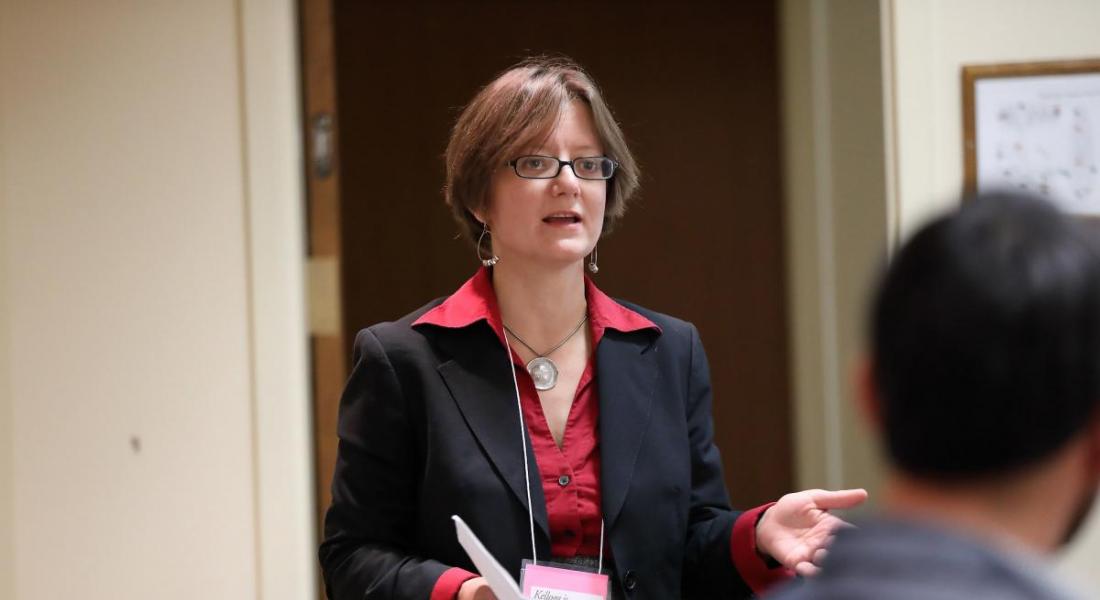
Across Latin America, right-leaning social movements are shaping politics in unprecedented ways – from the Colombian mobilization opposing the peace agreement to Brazilian organizing behind Jair Bolsonaro’s presidential bid. How should we understand these movements? What is driving them? And what are their consequences for Latin American democracy?
My new book Religion and Brazilian Democracy: Mobilizing the People of God (Cambridge University Press, 2019) – much of which I wrote in residence at the Kellogg Institute – examines religious engagement in leftist and rightist politics in Brazil. I discovered that religious competition has shaped the political stances of both evangelical and Catholic clergy in Brazil. Religious politicking improves democratic representation while strengthening support for the right (see also this soon-to-be-published article co-authored with former Visiting Fellow Taylor Boas).
Now, more questions keep bubbling up. In a new panel study of Brazil’s 2018 elections, collaborators and I discovered that both previously unexploited demographic divides and democratic attitudes shaped the outcomes. To begin to theorize the contours of the “grassroots right” across Latin America, Lindsay Mayka, an assistant professor of government at Colby College, and I are editing a special issue of Latin American Politics and Society. Stay tuned for more questions on these movements, and maybe even some answers – including (fingers crossed) from Kellogg Institute alumni.
Erratum: Amy Erica Smith's title was listed incorrectly in the Spring 2019 "Keeping Up with Kellogg" newsletter. Her title is Associate Professor of Political Science and Liberal Arts and Sciences Dean's Professor.





